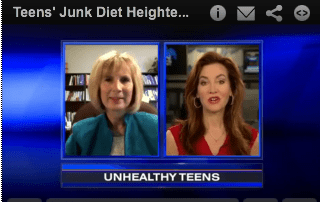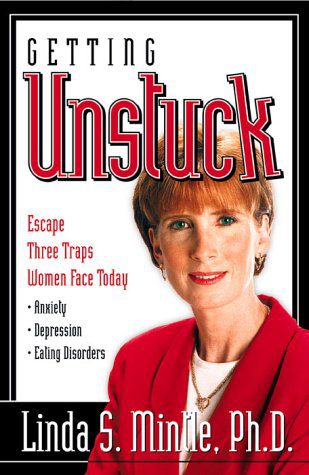Fear is a normal response to what was witnessed at the Boston Marathon yesterday. The prospect of harm causes fear. Many were harmed and three people are now dead.
Yet we cannot allow fear to get a grip on us and cause us to live in anxiety. Our responses to trauma impact us and are felt by our children. So how do we live in the reality of an unsafe world and yet not be anxious for what could happen?
Here are 8 suggestions to help:
1) Don’t overburden your children with too much information and viewing of the trauma. Listen for their questions, give brief information and reassure them that you are doing everything possible to keep them safe. Too much exposure to graphic images can cause psychological problems so limit exposure.
2) Consider the developmental level of your child. Young children may not grasp the finality of death or images they see on TV as real. So deal with the appropriate developmental level of your child in terms of explanations.
3) This is an opportunity to talk about good and evil. There are bad people in the world who want to hurt others, but there are also good people who want to make the world a better place. Sometimes the bad people do bad things and hurt the good people. But God is always with us and promises to help us when bad people do bad things. That is one reason why we pray and ask God to help us. God is on our side and He is the most powerful. Keep it simple.
4) Engage your children in the healing process. Pray for the families involved in the bombings, the people who were hurt and those who witnessed the events.
5) Talk about where our confidence comes from–the Lord, not things or people. God is in control. When fear enters our minds, quote 2 Timothy 1:7–God has not given us a spirit of fear, but of power, of love, and of a sound mind.
6) Talk about all the good stories that come from tragedy--people who opened their homes to strangers, those who offered meals, the police and firefighters who responded with courage, etc.
7) Use this as an opportunity to talk about forgiving people who do bad things. Bring this down to their level. Maybe use an example in their lives of a bully, a mean classmate, etc. and talk about how we are to respond to those who hurt others.
8) Help children understand that we always have a choice as to how we respond to bad things. We can give in to fear or we can trust God. Trust in the Lord. God says he will not forsake the righteous (Psalm 119:172). Turn to Him and allow His peace to come.


